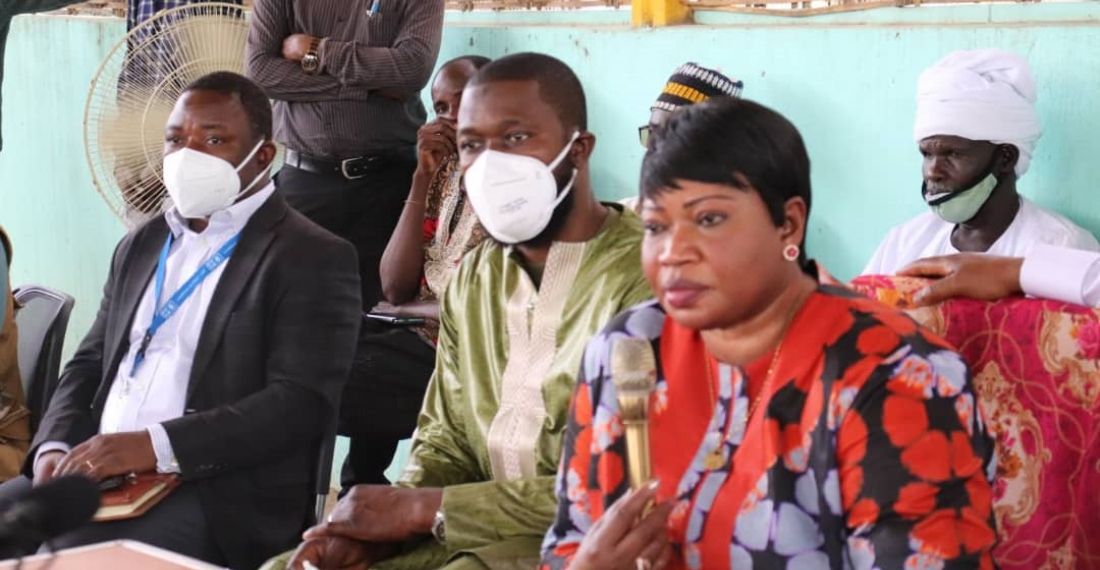International Criminal Court (ICC) prosecutor, Fatou Bensouda, has said that victims of war crimes and genocide in the Darfur region of Sudan want those accused to be handed over and brought to court. The remarks come after Bensouda visited the Darfur region earlier this week.
Former president, Omar al-Bashir, is on top of the list of those accused of committing war crimes. Bensouda said that it was clear “that the victims of these crimes also want him [to face] the ICC [...] In any discussion that is going to take place, that issue cannot be disregarded." Authorities in Sudan have been reluctant to hand over al-Bashir and would rather have him put on trail in Sudanese courts.
Bensouda also urged Sudan to hand over Ahmed Haroun who was charged by the ICC due to his involvement with events in Darfur. She said that after constructive talks with the Sudanese authorities, there was no objection to Haroun's transfer to the Hague. Both Haroun and al-Bashir are in a civilian-run prison in Sudan and sending them to trial in the Hague has long been a subject of domestic political debate.
"If Sudan is ... saying that they want to try Omar Al Bashir here in Sudan, they also have to demonstrate concretely that this is possible," Ms Bensouda said, without elaborating.
Bensouda's visit is a landmark event, and is the first visit by an ICC prosecutor to Darfur since the United Nations asked the ICC to investigate the conflict there 16 years ago. The UN says 300,000 people were killed and 2.5 million were displaced in the conflict that started in 2003.






